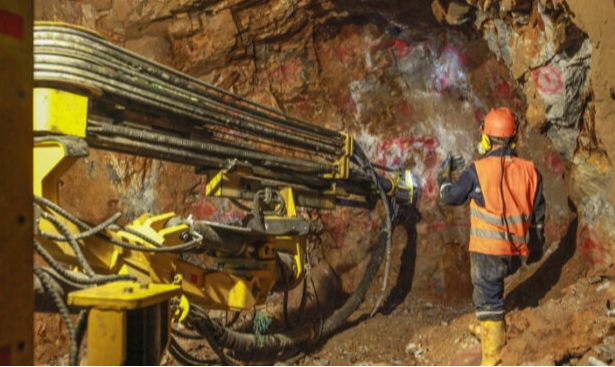
The announcement by the government of President Daniel Noboa of the signing of six investment agreements for mining projects, valued at more than four billion dollars, has not been well received by the citizens of Ecuador.
By María Josefina Arce
The announcement by the government of President Daniel Noboa of the signing of six investment agreements for mining projects, valued at more than four billion dollars, has not been well received by the citizens of Ecuador.
Indigenous and environmental organizations rejected the position of the authorities to promote the country as a destination for this type of activities, which have caused considerable damage to the environment and put at risk the survival of indigenous peoples.
The controversial agreements were signed within the framework of the World Convention on Exploration and Mining, recently held in Canada, in which Noboa, the first Ecuadorian president to attend this type of event, participated.
Photo: openDemocracy
CONAIE, Confederation of Indigenous Nationalities of Ecuador, together with other organizations, pointed out that these agreements with mining transnationals threaten the human, environmental and collective rights of the native peoples.
They recalled that the mining experience in the Andean nation is one of poverty and plundering of natural resources, while accusing the government of failing to comply with legal and constitutional obligations regarding the right to prior, free and informed consultation and consent of indigenous communities, peoples and nationalities in order to move forward with mining extractivism.
And another danger looms over the indigenous territories, the possible opening by the current executive of the mining cadastre, which is a mechanism for the granting of licenses for mining projects.
The announcement was made by the Ecuadorian Minister of Energy and Mines, Andrea Arrobo, during her participation, also, in Canada, in the world's largest mining fair.
Since 2018 the mining cadastre has been closed, although it has been denounced that during these years titles have continued to be granted and now new agreements are being signed.
Photo: Primicias
The government of former President Guillermo Lasso, who also implemented a neoliberal policy, tried to open it on several occasions, but faced the rejection of indigenous communities.
In 2022, these groups staged a strong protest of more than two weeks, against, among other aspects, his government's plans to encourage mining and oil extraction.
The mining conflict in Ecuador has been going on for a long time, due to the serious damage caused to biodiversity and for endangering the subsistence of indigenous peoples who have a friendly relationship with nature.

